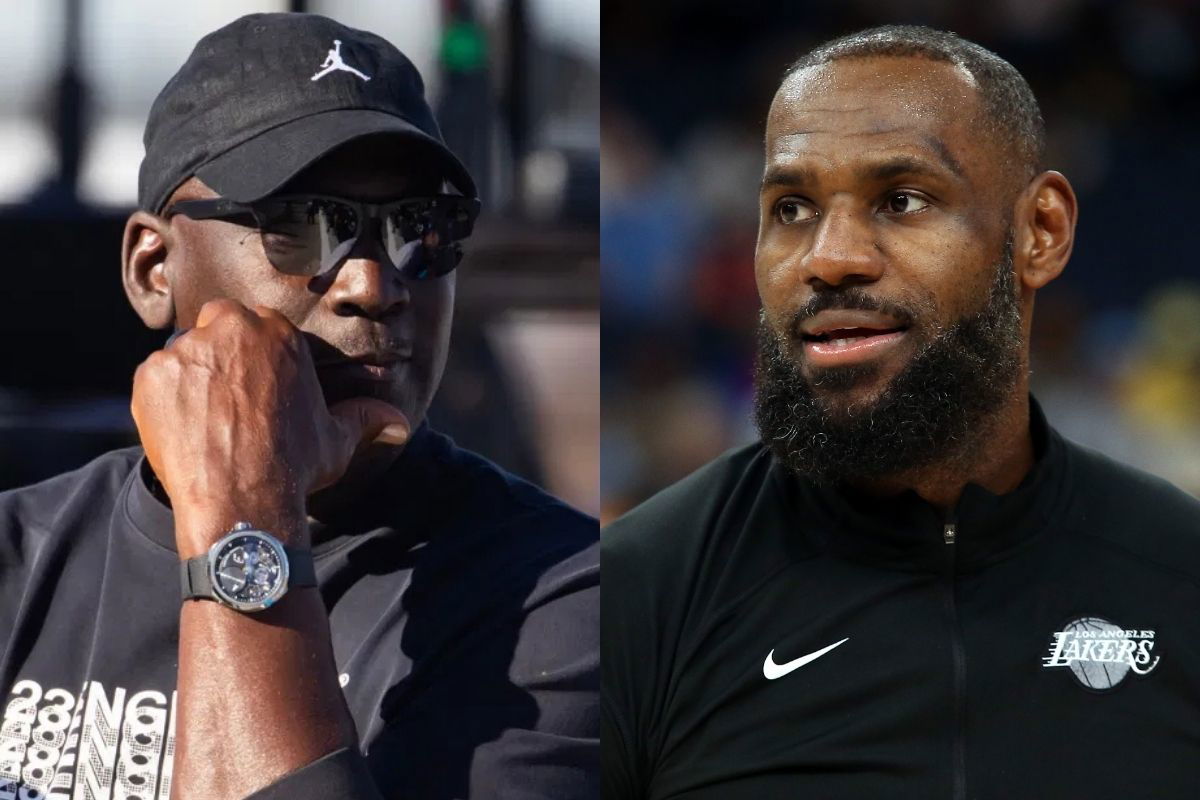
Imago
via Imagn

Imago
via Imagn
The debate over who is the greatest of all time, LeBron James or Michael Jordan, has long dominated NBA culture. However, much of the narrative has been engineered by media outlets seeking clicks and engagement rather than truth, according to former NBA champion Jeff Teague. Shows like First Take, reportedly valued at $40 billion, have built an entire ecosystem around the debate, prioritizing profit over nuanced basketball analysis.
Watch What’s Trending Now!
First Take has frequently turned the LeBron vs. Jordan discussion into an emotional spectacle. Analysts who never played professionally dissect every free throw, highlight, or clutch moment, framing discussions to provoke strong reactions rather than inform. The debate often centers on polarizing aspects, simplifying complex careers into digestible soundbites that drive viewership and engagement.
Teague pulled no punches on how the show manipulates the conversation: “What First Take did really well; they made people emotional. It didn’t matter if they were correct or not. Skip Bayless like, ‘LeBron James can’t make free throws.’ LeBron James is the all-time leading scorer in NBA history. Obviously, he can hit a free throw. He didn’t make some in the clutch at times or whatever. Who give a f—. But he will debate whatever it was to make Michael Jordan to look as a superior player. And then Shannon would go with LeBron, and he going to debate whatever it was, but he just made it an emotional thing. It wasn’t that they were right or wrong. It was just they made people have emotions about the topic.”
ADVERTISEMENT
Co-host DJ Wells added context on why this approach is misleading: “People saw shows like First Take, where you had two people who didn’t play the game, but they dictated everything around it and thought that was right. No, bro. You can’t go over people who really did this s—.”
First Take frequently frames the LeBron vs. Jordan debate in emotionally charged ways to influence public perception. Stephen A. Smith has emphasized Jordan’s greatness but downplayed his longevity: “Jordan at his best is the greatest that I have ever seen. But Jordan wasn’t that good for that long.”
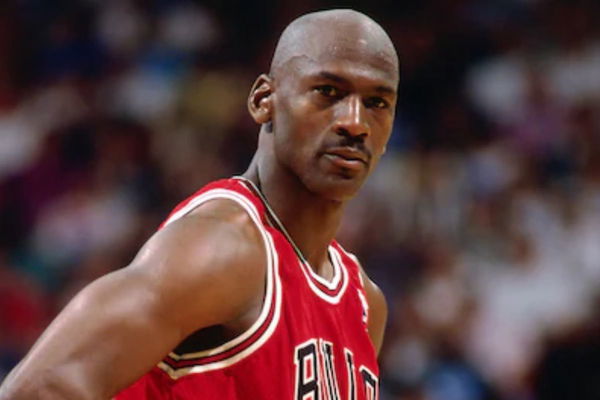
Imago
Credit: Image via NBA
Shannon Sharpe highlights perceived slights against LeBron, such as criticisms of his move from Cleveland, while pointing out Jordan’s career interruptions: “It doesn’t damage it. When Jordan missed the playoffs twice, did that damage his legacy?” These statements oversimplify the players’ careers by focusing on isolated moments.
ADVERTISEMENT
For instance, in the 2012-13 season, LeBron averaged 27.1 points per game while shooting 56.5% from the field, one of the highest shooting percentages of his career. In contrast, Jordan’s 1995-96 season saw him average 30.4 points per game on 49.5% shooting, highlighting his scoring dominance. Comparing these season performances doesn’t show the different contexts these players existed in, like era, playstyle, etc.; this is what broad emotional narratives often ignore.
ADVERTISEMENT
By emphasizing polarizing moments, First Take generates strong audience engagement. Emotional narratives dominate the conversation, and drama often takes precedence over accuracy in a $40 billion ecosystem. While viewers may enjoy the spectacle, it frequently distorts the realities of the players’ careers.
Jeff Teague on Coaches and Relationships
Jeff Teague’s comments also highlighted a critical, often overlooked aspect of coaching: the human element. While X’s-and-O’s and strategic schemes are important, he stresses that relationships between coaches, staff, and players ultimately define success.
ADVERTISEMENT
Firstly, Teague emphasizes that even coaches who excel at game planning and tactical breakdowns need staff that players respect and connect with: “They got somebody on their staff that’s really cool as hell that everybody likes that they go to get the team going.” This illustrates that effective coaching extends beyond designing plays; it requires creating an environment where players feel supported and motivated. Staff members act as intermediaries and culture-builders, ensuring strategies are executed effectively.
Teague also highlighted that managing personalities can outweigh tactical prowess: “Even some of the best coaches, obviously Phil Jackson had the triangle and stuff like that to work, but they said his relationships and the vibe that he had in the locker room…was way more important than X and O’s. So you have to be able to manage great personalities to win.” Here, Teague points to a real-world example — Hall of Fame coach Phil Jackson, showing that even a revolutionary strategic mind depends on emotional intelligence and team cohesion. The ability to navigate egos, manage interpersonal dynamics, and maintain a positive locker room culture is often the differentiating factor between good coaches and championship-winning coaches.
Top Stories
Caitlin Clark Fans Reignite Old Beef With Warriors’ Brandin Podziemski After Viral Moment

“I’m So Disappointed”: Charles Barkley Speaks Out on Michael Jordan, NBC’s Nixed Plans
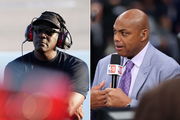
Ex-ESPN Anchor Calls Out a Hidden Caitlin Clark Problem Few Are Acknowledging

Frustration Mounts Among WNBA Fans as League Reportedly Stalls on ‘More Realistic’ CBA Proposal.
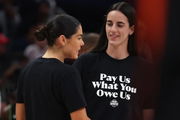
“Let That S–T Go”: Anthony Edwards’ Message to Stephen Curry Leaked After Trade Talk Rumors
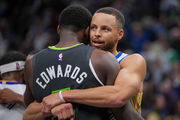
Collectively, Teague’s insights reveal that media narratives, focused predominantly on tactical brilliance, wins/losses, or statistics, often understate the relational side of coaching. These quotes suggest that successful coaching is a combination of technical knowledge and the soft skills required to maintain trust, respect, and motivation among players and staff.
ADVERTISEMENT
ADVERTISEMENT
ADVERTISEMENT
ADVERTISEMENT